I am working on a Vue application with a Laravel back-end API. After clicking on a link I would like to do a call to the server to download a certain file (most of the time a PDF file). When I do a get request with axios I get a PDF in return, in the body of the response. I would like to download that file directly.
To give you a better view of how the response is looking like:
 (note: I know a real text response is better than an image but I don't see any way to return that because of the length of the actual PDF content..)
(note: I know a real text response is better than an image but I don't see any way to return that because of the length of the actual PDF content..)
Is there any way of downloading that file with JavaScript or something? It has to be specific a direct download without clicking on the button again.
Code
// This method gets called when clicking on a link
downloadFile(id) {
const specificationId = this.$route.params.specificationId;
axios
.get(`${this.$API_URL}/api/v1/suppliersmanagement/product-specifications/${specificationId}/fileupload/${id}/download`, {
headers: this.headers,
})
.then(response => {
console.log(response);
// Direct download the file here..
})
.catch(error => console.log(error));
},